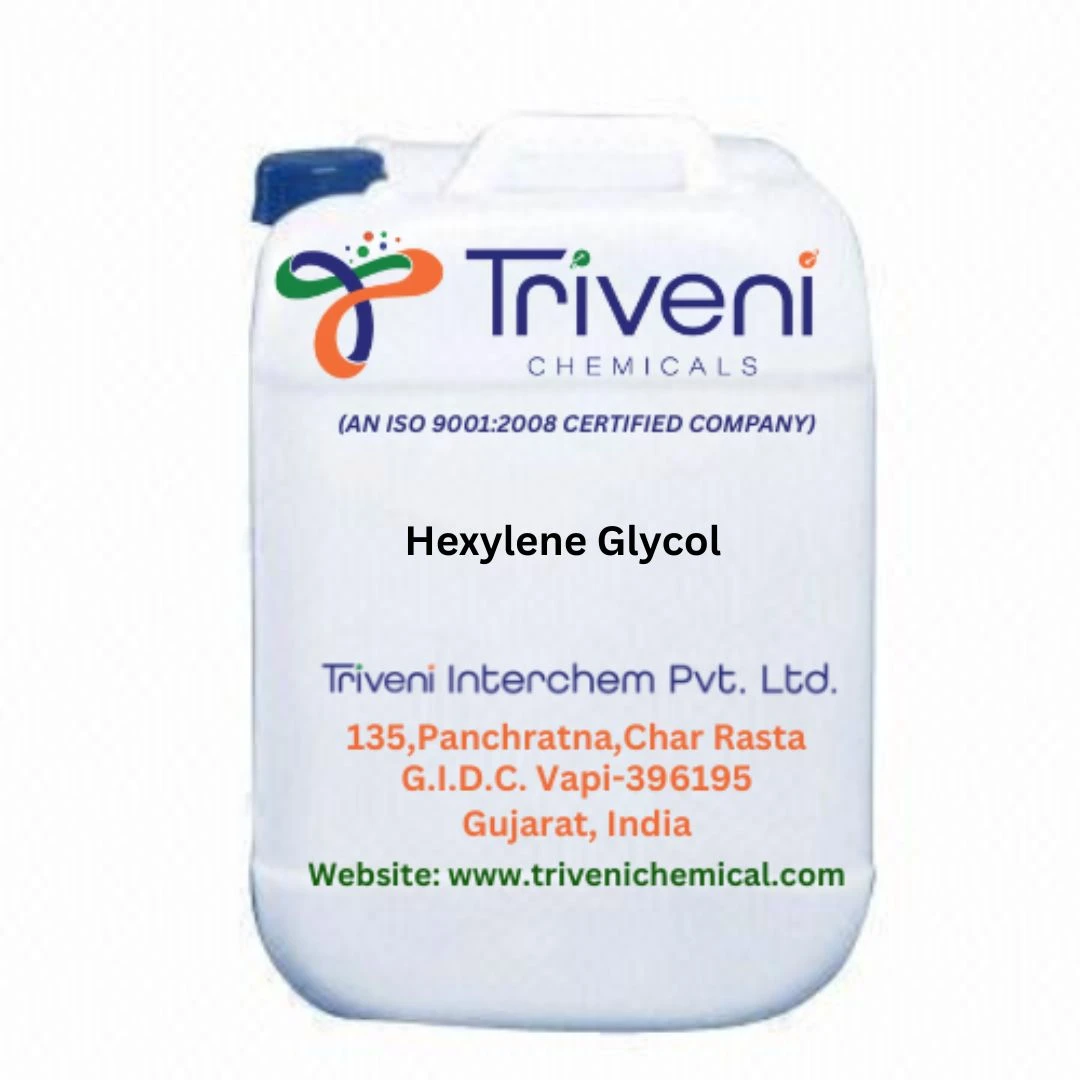Coatings are essential to building because they give different constructions longevity, protection, and aesthetic appeal. Coatings are crucial for durability and functionality on any structure, be it a bridge across a river or a skyscraper in a busy city. Protecting surfaces from the weather is one of the main uses..
Coatings are essential to building because they give different constructions longevity, protection, and aesthetic appeal. Coatings are crucial for durability and functionality on any structure, be it a bridge across a river or a skyscraper in a busy city. Protecting surfaces from the weather is one of the main uses of coatings in building. Structures are continually subjected to inclement weather, wind, rain, and UV radiation. Materials that decay quickly include steel and concrete that are not properly coated. For example, steel corrosion can deteriorate structures, creating risks for public safety and requiring expensive maintenance. These materials are protected from corrosion-causing chemicals and moisture by coatings. Coatings improve a building's appearance in addition to providing security. Coatings are used by designers and architects to create the desired look, whether it's a textured facade, a clean modern finish, or striking hues. Because of their adaptability, coatings provide countless design options. They can add a reflecting surface that reflects the sky to a building or turn an ordinary concrete wall into a work of art. Another important advantage of coatings in construction is their durability. Structures can have a longer lifespan thanks to superior coatings that stop wear and deterioration. For instance, a long-lasting coating on a bridge guarantees that the concrete will not crumble in the face of extreme weather or heavy traffic, while also preventing rust on the steel. For infrastructure projects, its lifespan is essential since it lowers maintenance costs and the frequency of repairs. Technological developments in coatings continue to propel progress in the building sector. Coatings with unique qualities, including fire resistance or self-healing, are now available to engineers. These developments raise the bar for building projects globally by increasing performance and safety. However, significant thought must go into the choice and application of coatings. Considerations need to be made for elements such the substrate type, the surrounding environment, and the intended result. Coatings that are applied incorrectly may cause adhesion problems, cracking, or early failure. To sum up, coatings are essential to building because they provide durability, protection, and aesthetic appeal. Coatings will change along with the construction industry, becoming more and more important in the process of building safe, secure, and aesthetically pleasing structures.


